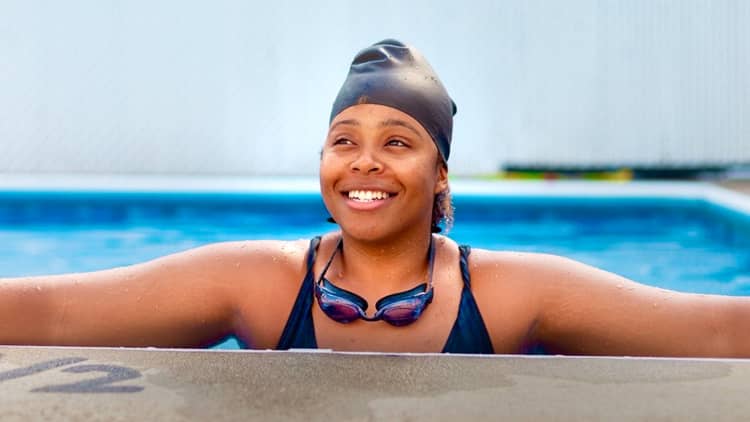‘Queer Eye’ star Karamo Brown earned the title of ‘culture expert’ on the hit Netflix reality show, where he helps guests make lifestyle changes through coaching and ‘cultural conversations’. Now Brown, who also has a daytime talk show launching on September 19, is adding a new title under his belt: DE&I workplace coach.
Brown, 40, who is also a licensed social worker and psychotherapist, is no stranger to issues around diversity, equity and inclusion. She says that she has dealt with microaggressions “all my life, my whole career.”
“You walk into a space and someone comments on how you look, what you’re wearing, how your hair looks, or makes a comment about how you said a word,” Brown tells CNBC Make It. “It never ends. Someone will even comment like, ‘oh, we’ve never seen a person like you in this space before.’ And it’s like, are you telling me that to make me feel empowered? Or are you telling me that to intimidate me and make me feel like I don’t belong in this space?
Unfortunately, microaggressions and discrimination remain huge problems for professionals in today’s workforce. A recent study by SurveyMonkey, in collaboration with Fortune, found that 60% of Americans have witnessed or potentially witnessed microaggressions at work.
To combat this, many companies committed to DE&I initiatives at the start of the pandemic, but two years later, many of these plans have yet to translate with employees. This prompted Brown to partner with Australia-based SafetyCulture’s learning solutions platform EdApp to launch a free eight-lesson training course on diversity, equity and inclusion.
Based on the course, here are three ways managers and employees can ensure their offices have a safe and inclusive culture.
Check your unconscious bias
According to the University of California, San Francisco, unconscious bias, or implicit bias, is a “social stereotype about certain groups of people that individuals form outside of their own awareness.” These associations are usually influenced by someone’s education, experience, or society.
Brown says that unconscious bias “affects us all” and that people should take a “deep dive” within themselves to discover the root of these stereotypes in order to change.
“We don’t realize that because of our upbringing, and because of what the media has shown us, we look at a community and say, ‘Oh, they’re like that.’ And that’s when those stereotypes come into play,” says Brown. “That’s when we see people not getting the opportunities they deserve because they’ve been categorized.”
“You have to challenge yourself and ask yourself, ‘Why do I feel this way? What made me think that each person in this group is a certain way?’ Because until you address that, we’ll see you making the same mistake…not being supportive and not being the ally you need to be.”
Promote positive mental health
For many people, diversity, equity, and inclusion relate to things like race, ethnicity, gender, sexual orientation, and/or physical ability. But Brown says that mental health also plays a big role in inclusion.
“If your mental health is not adequate, you will end up accepting things that you should not accept. You will stay in spaces that are not healthy because you do not believe that you deserve to be in something healthier for you. microaggressions happen.
Brown recalls that when his mental health “wasn’t right,” he found himself inauthentic in the workplace, doing things like code-switching and slouching to make others feel comfortable.
“It’s really important for people to monitor their mental health because it affects the spaces they’re in and how they accept what’s going on in those spaces. After working on my mental health, I realized I didn’t need to protect myself.” myself, I just needed to work on my self-esteem. And then I knew that when I walked into a space, I didn’t need to change who I was. I could go in authentically.”
don’t be complacent

Source: www.cnbc.com